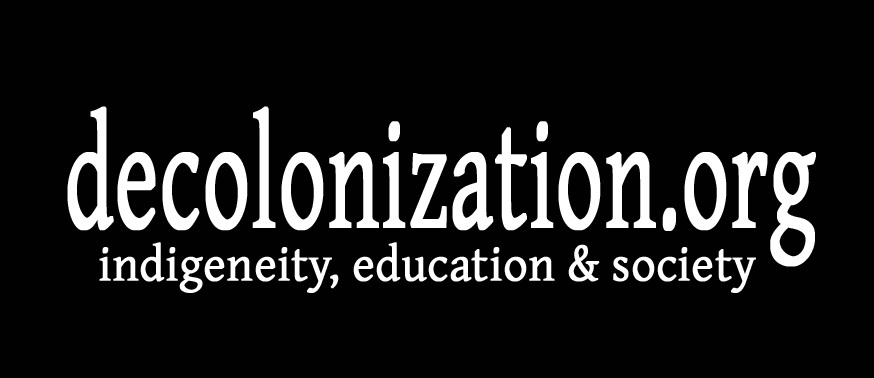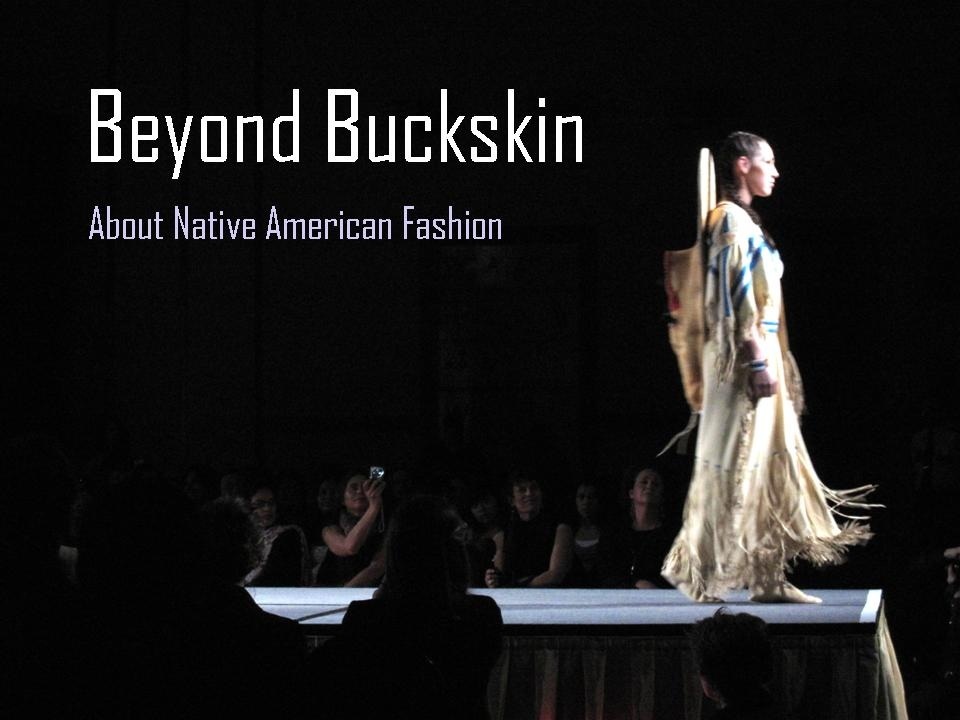On August 20, 2012 this guy decided that he was going to call in to question the right of women to claim sovereignty over their own bodies when he “misspoke” (his words, not mine) and determined that “legitimate rape” is different than “rape that results in pregnancy.” There are lots of people writing about this. Try here, here, here or here. My short response is – suck it Todd Akin. But, I also had a very visceral response to the incredible stupidity, arrogance, and dangerousness of this man. I sat to write about it and this is what I ended up writing about –why every rape matters (and why the way we talk about rape matters). Rape hits pretty close to home to me, not just because I am a woman, or an Indigenous woman, but because I know survivors, and I think about them every single time this “debate” over “legitimate” or “forcible” rape rears its ugly head. I believe it is my responsibility, and everyone’s responsibility to think about and talk about this issue, whether it be at the top of our lungs, or in all caps on Facebook or Twitter. There are real consequences to this type of rhetoric and the way we talk about “rape” matters. I think of Luana Ross who wrote: “Acts of violence against Native women are manifestations of a racialized patriarchy and have the power to eliminate the desire for survival. …It is important to challenge the oppression that all Native women face; we cannot afford to be silent.” And I echo that this is for all people. And Todd Akin’s vitriol is an act of violence that demands us to speak up. All of us. We cannot afford to be silent. Ts’ehdiya. A little while ago a woman came to me and told me that she was raped. She didn’t use the word rape. I have been going over and over our conversation in my head and I can’t recall that word (that-word) being used. She used words like “something happened” and “then this thing happened” and “that’s when it happened.” She was raped. And part of me wanted to shake her like I was trying to wake her up from the fog she was in. I wanted to shake her awake and tell her about statistics and protecting future women from this horrible, horrible person and how I know she is strong enough to be the girl who stands up and screams it from the rooftops, “I was raped. I am not ashamed of myself. It is not my fault. I am pressing charges. I am talking about it. I am not crazy.” I resisted the urge to shake her. She described her feelings to me like being a walking zombie. She said “it’s almost like I’m not in my body. I just want to get back into my own body.” My heart aches for her just thinking about it. The more I listened to her story the more frustrated and frankly angry I became. Not at her. Everything I was telling her was the truth, things like “it’s not your fault” and “I don’t care if you were drinking, that doesn’t mean some guy gets to rape you” or “his actions were predatory. They are unacceptable. There is no reason why anyone should think there is something you can do which in some way is asking to be raped, ever. Nobody is asking to be raped. Nobody. And just because you didn’t tell him ‘oh by the way, don’t rape me’ the minute you walked into a private space together does not mean that you gave him some sort of mixed signal.” It was the truth. It is the truth. But the more you say it, the more you realize it’s exactly what people tell you to say. And the more you hear the things you hear on TV the more you start thinking about - the things you hear on TV. It was something she mentioned, and something I mentioned later. People know. They know what happens to rape victims. They know how it works. First you get raped and you feel bad about it. You feel bad that it happened to you and you feel like there is something you could have done differently. Then you cry or maybe you get confused, or maybe you pretend like it didn’t happen. And then maybe you tell somebody, maybe you tell a police officer. They take your statement. A doctor takes a bunch of samples. A counselor asks a bunch of questions. And as soon as that not pleasant, but sometimes helpful experience (depending on the people you deal with) happens everything changes and becomes about making you feel like the slut, lying bitch that you probably are. It’s a slap in the face and it happens to everyone. At least that’s how it feels. Nobody gets away with some perfect case where they get raped, they report, everybody believes them and everybody works tirelessly to show that evil bastard rapist that this type of behavior is not only unacceptable, it’s criminal. And then everyone comes together to talk about how these sorts of actions cannot happen in our society, that we shouldn’t live in a place where rape victims are forced to defend their “honor” and “chastity” and that nobody is going to argue semantics over “legitimate rape” or “forcible rape.” Here I am urging her to press charges, to speak up, to defend the future of other girls who may come in contact with this man, to know that she has a community of women who will stand beside her and deal with whatever shenanigans his (potential) lawyer or anyone threw her way because they wanted to poke holes in her story, or because they didn’t believe her, or because they didn’t want to believe her. But we were both thinking about all of these other things. How immediately she thought about what she was wearing, how she was acting, what she drank, what she ate, what she said. How she second guessed her friendly personality, how maybe she shouldn’t be so open and engaging with people. And how that shouldn’t be the first thing that crosses her mind. How that shouldn’t be the first thing that crosses anyone’s mind. It’s almost like we have all been infected with this “suspicion virus” and while we can speak words that remind us “it is not our fault” all of the other things, all of the other cases, all of the other rapes that go unprosecuted, or get raked through the press with little concern for what it does to a victims basic rights, how they matter. These things, these seemingly inconsequential things, like the girl who reports a rape and then has to hear about how she slept with the entire football team, or the boy who reports a rape and has to hear about how he was probably asking for it. Or the woman who reports a rape and gets asked about why she would agree to let him walk her home, or have a glass of water in her house. Or the child who gets raped where it is referred to later as “not rape-rape.” There are rapes that are reported but never prosecuted because of the background of the victim. DA’s go for cases they can win. Victims start to second guess their own worth. Am I worthy enough to report? Am I worthy enough for someone to believe me? Am I worthy enough to get justice? All of these events add up and become part of our culture, they become part of how we think the world is around us, they grow and fester and they make a difference. Each and every case, whether innocent until proven guilty or not, each and every action and case on all sides sends a message, each and every one matters. Every rape matters. That’s what was echoing in my head as this girl and I sat and talked. Every rape matters because every person matters. When we talk about this world, this country, this society, this community, we talk about a great big whole, which is the sum of its parts. We talk about “the people” who are all a part of each other. When a person is raped it starts with a ripple and it grows. I think about how my heart ached as she sat next to me. How angry it made my Husband when I talked to him about it later. How protective I felt over my own daughter as I watched her dance around the living room. I listened to another friend and her frustration with the way that society pressures women not to speak up. I thought about another friend of mine who has also been raped and how she immediately did everything she could have, including going to the police, filing a report, getting an exam and signing up for very intense, very rigorous therapy. And then I thought about the strength that took. And of course, I thought about how rape is consistently being used as a political issue, when it is not a political issue to be debated, it is a community issue to be confronted and destroyed. Every rape matters because every person is someone’s family, someone’s friend, someone’s parent, someone’s child. And the way we talk about rape matters. The way we hear about, read about, watch about rape matters. Right now we have legislators telling us that their “misspoke” words about rape are innocent mistakes that don’t really matter. It’s all just semantics, I didn’t mean “legitimate” rape, I meant “forcible rape” or “real rape” instead of what your rape probably is, because I don’t want to believe that our society needs more help to heal and grow in a good way. I want to ignore rape, because it’s inconvenient for me. But these things, these seemingly innocuous words infect all of us, they linger, and as our bodies numb we wonder “is my rape legitimate?” And we delegitimize ourselves, our bodies, our feelings, our souls. That’s the responsibility that these politicians who are creating laws that degrade women’s experiences and position in society should feel. They should feel the responsibility for their “misspoken” words. They should feel it, because their words may just stop one rape from being reported, or one girl from seeking the help she needs. They should remember how that one person… matters. I don’t know what is going to happen to this girl. I know that she is sad. I know that she feels alone. But I also know that she is not alone. I started to tell her about how in my Indian community the women have made a very concentrated effort to bring back the Women’s Ceremony so that young girls, as they become women, can learn from the women around them. And how my mom told me that this ceremony was a way to let girls know that “you are never, ever, alone in what you do. And there are many women who will stand with you and pull you through any rough water.” I told her I knew that this is true for her. And no matter what she decides, whether to call the police, or go to a counselor, or to find other ways to heal, there would be many, many people who would stand with her. And many, many people who would believe her. And many, many people who would fight with her. No matter what happened, or what some DA said, or what some lawyer asked her, or what some jury decided, or what some politician thought he knew about her, we would all be with her. Because she is strong enough to fight, we all know that, and she doesn’t have to do it alone. One of the comforting things about this whole "debate" that has been happening is the number of people, and number of ways that they have come together to speak up. ie. the two videos above.
0 Comments
Your comment will be posted after it is approved.
Leave a Reply. |
SubscribeClick to
AuthorCutcha Risling Baldy is an Associate Professor and Department Chair of Native American Studies at Humboldt State University. She received her PhD in Native American Studies from the University of California, Davis. She is also a writer, mother, volunteer Executive Director for the Native Women's Collective and is currently re-watching My Name is Earl... (5) Top PostsOn telling Native people to just "get over it" or why I teach about the Walking Dead in my Native Studies classes... *Spoiler Alert!*
Hokay -- In which I lead a presentation on what happens when you Google "Native American Women" and critically analyze the images or "Hupas be like dang where'd you get that dentalium cape girl? Showing off all your money! PS: Suck it Victorias Secret"
In which we establish that there was a genocide against Native Americans, yes there was, it was genocide, yes or this is why I teach Native Studies part 3 million
5 Reasons I Wear "Indian" Jewelry or Hupas...we been bling-blingin' since Year 1
Pope Francis decides to make Father Junipero Serra a saint or In Which I Tell Pope Francis he needs to take a Native Studies class like stat
I need to read more Native blogs!A few that I read...
Archives
June 2020
Categories
All
|






 RSS Feed
RSS Feed
